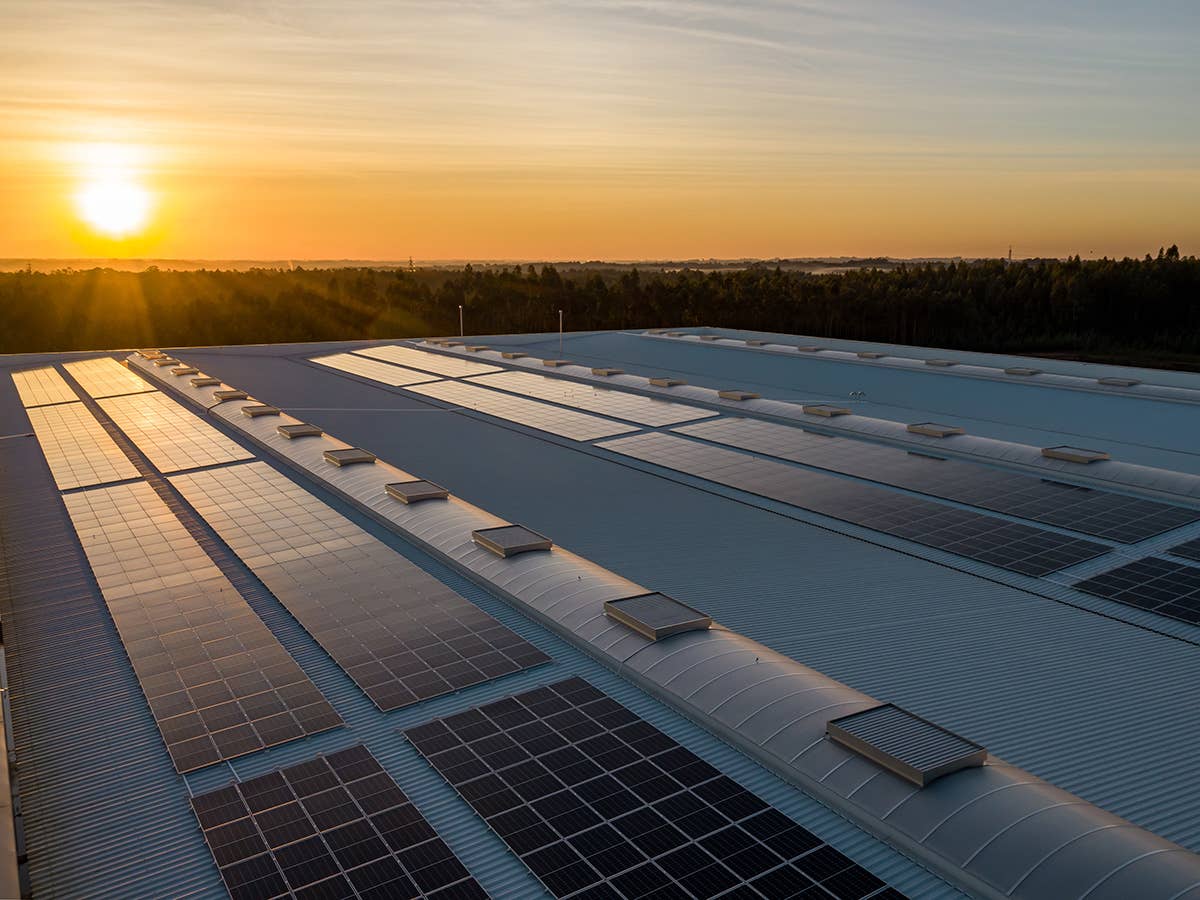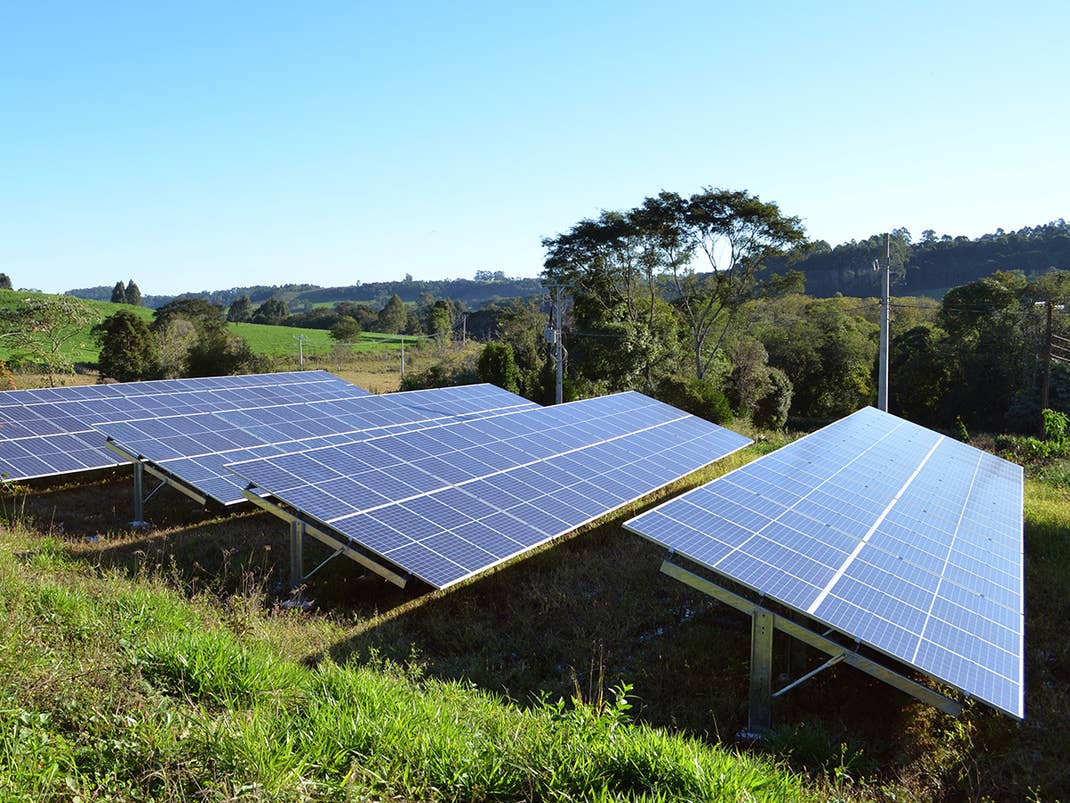The solar obligation is an integral part of the coalition agreement. It has long been decided for new fabric buildings, and it should be the new standard for new private buildings. But the advance of renewable energies has a downside: PV systems could become more expensive than ever by 2023.

TABLE OF CONTENTS
1-Solar obligation: Lack of supply of PV systems cannot cover demand
2-Solar obligation: It has been in force in these federal states since 2022
3-In these federal states, new obligations have applied since 2023
4-There is no solar obligation in these federal states
The solar obligation has long been an integral part of the federal government’s coalition agreement. In some federal states, it is already effective today, independent of decisions at the federal level, through different state laws that vary in their specifications. But the solar obligation could mean that the prices for PV systems will skyrocket in 2023.
SOLAR OBLIGATION: LACK OF SUPPLY OF PV SYSTEMS CANNOT COVER DEMAND
The solar obligation does not come as a surprise in Germany. It has long been an integral part of the traffic light coalition agreement. For new commercial buildings, it has long been mandatory to plan for an appropriate power generation system. According to the federal government, PV systems are also to become the new rule for new private buildings. Irrespective of this, there is already a solar obligation in many federal states, which primarily provides for the addition of PV systems when the roof of existing buildings is fundamentally renovated. Other federal states are planning to follow suit. As useful as this may be for power generation in Germany, this development could have a negative impact on the prices of PV systems.
Mini PV systems have only recently fallen in price , as the supply chains with production materials from China have started to recover. The demand in the winter months could therefore be covered, but the market will probably not be able to meet such a large demand as could result from the solar obligation. Due to the scarcity of PV systemsas well as the obligation to install the modules, prices for PV systems could skyrocket this year. In the end, it will primarily be difficult for the average household to invest in new PV systems. Or even worse: As the price increases, the models could become so expensive that they are simply no longer profitable for private users until demand and prices fall again. In the worst case, the solar obligation could even slow down the expansion of renewable energies in private households .

That could change in 2023.
The systems are still available at low prices . A small plug-in mini PV system with a suitable inverter for connection to the house electronics can currently be found for just a few hundred euros . With the coming spring and the increase in hours of sunshine per day , demand could already increase and reverse the price development of the past winter and autumn months.
SOLAR OBLIGATION: IT HAS BEEN IN FORCE IN THESE FEDERAL STATES SINCE 2022
Baden-Württemberg was the first federal state to introduce a comprehensive solar obligation. It has long applied to non-residential buildings and came into effect on January 1, 2022. It now also includes residential buildings. Since May 1, 2022, new private buildings have had to install PV systems on roofs. Homeowners undertaking a major roof repair after January 1, 2023 are also required to install a system.
North Rhine-Westphalia takes a different approach. Here, the reform of the state building regulations stipulates that suitable parking areas for cars will be equipped with PV systems from the beginning of 2022 . Appropriate parking areas with more than 35 parking spaces must now be covered and have a PV system. However, this regulation only applies to parking spaces belonging to non-residential buildings.
Schleswig-Holstein has had a new version of its Energy Transition and Climate Protection Act (EKGW) since January 1, 2022. It stipulates that installation must take place on all suitable roof surfaces in the case of new non-residential buildings. A renovation clause also applies here, under which homeowners are obliged to install a PV system if more than 10 percent of the roof area is renovated. Similar to North Rhine-Westphalia, there is also a solar obligation in Schleswig-Holstein when building larger parking areas. However, the state law provides for a parking space of at least 100 places.
IN THESE FEDERAL STATES, NEW OBLIGATIONS HAVE APPLIED SINCE 2023
A new solar law has been in effect in Berlin since January 1, 2023, which obliges owners of private new buildings and existing buildings to install PV systems on the roof surface. As in other federal states, this applies to existing buildings, especially in the case of a thorough roof renovation. Alternatively, according to the Senate Department for Economics, Energy and Businesses, a PV system can also be installed on the building facade or a solar thermal system.
In Lower Saxony , too, there is a change in the law in the state building regulations, which goes hand in hand with the obligation to install PV systems . In the future, at least half of the roofs of commercial real estate must be equipped with PV systems . However, this only applies to new buildings with predominantly commercial use and a roof area of at least 75 square meters. Little will change for private builders for the time being. You only have to ensure that solar systems can be retrofitted on the roof in the future.
In Rhineland-Palatinate , a solar obligation has also been in effect since the beginning of 2023. It stipulates that new commercial buildings must be equipped with PV systems. In addition, new car parks with a roof and with 50 parking spaces or more must also have solar panels. Around 60 percent of the suitable roof areas must be equipped with power generators. However, building owners can also install a solar thermal system instead of a PV system to meet the conditions .
THERE IS NO SOLAR OBLIGATION IN THESE FEDERAL STATES
No plans for a form of solar obligation are known in Brandenburg, Hesse , Mecklenburg-Western Pomerania, Saarland, Saxony-Anhalt or Thuringia. In Bremen, Saxony and Bavaria there are already concrete plans for a solar obligation. Bremen ‘s parliament (state parliament) passed a law in 2022 that is to apply to all new buildings from 2024. Existing buildings also fall under the new solar obligation, provided that a comprehensive roof renovation is carried out. However, the law has not yet come into force. The draft is still being worked out by the competent building and environmental authorities.
In Saxony , the plans for a solar obligation have so far been vague. Although it was decided in the summer of 2021 that a solar obligation should be examined, a corresponding cabinet proposal has not yet been made. However, Environment Minister Wolfram Günther has already indicated that solar roofs should become mandatory for new public and commercial buildings in the future. In Bavariathere is still no solar obligation, although Prime Minister Markus Söder (CSU) announced a solar offensive in July 2020. This should actually set a PV obligation for commercial buildings from 2021, which should later be extended to private real estate. According to information from the Bavarian Ministry of the Environment, there is currently only a draft for the new climate protection law, which stipulates that PV systems on the roofs of government buildings are mandatory. It could therefore still be some time before the draft becomes a bill that is passed.


